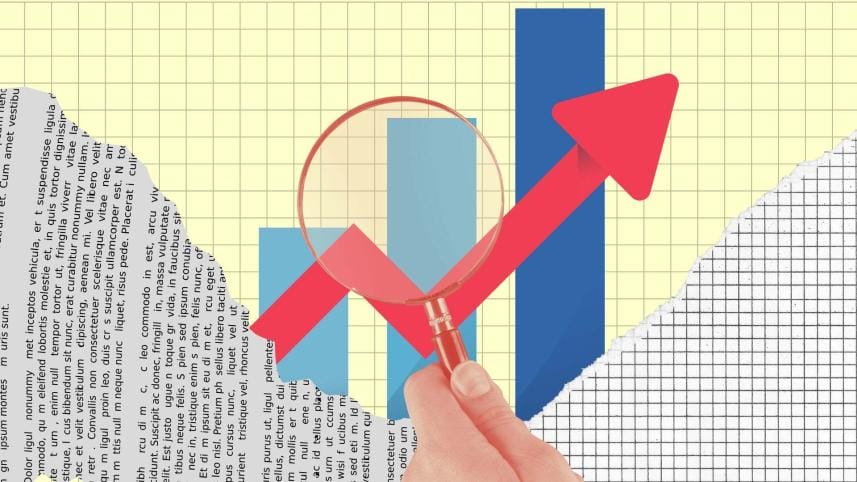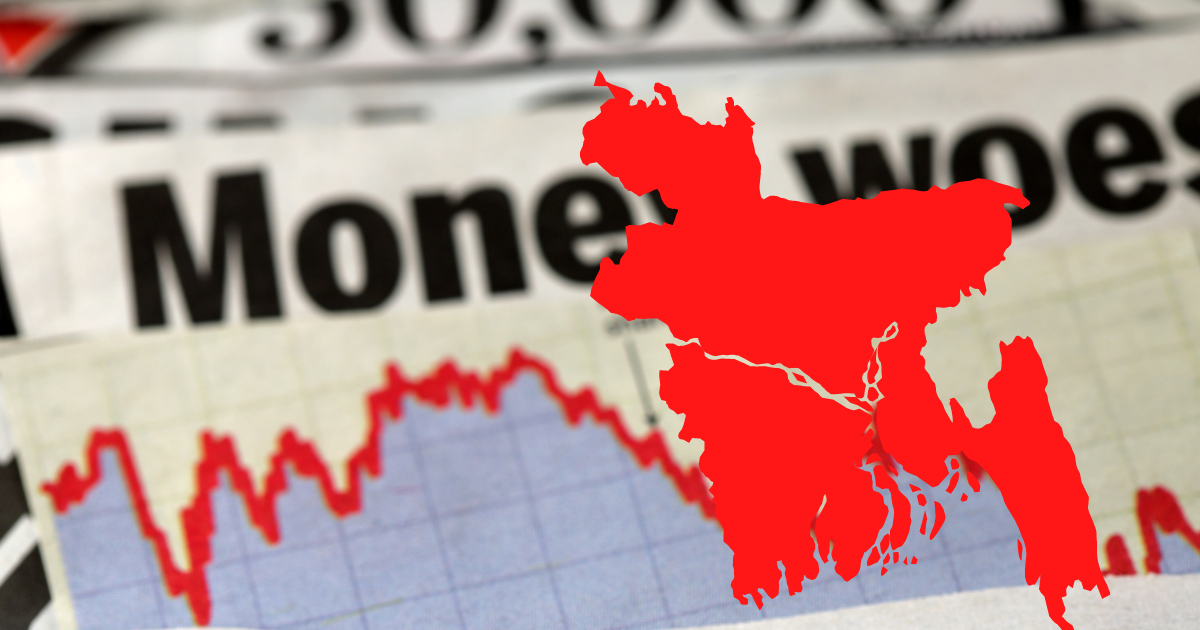A national project evaluation policy is essential for Bangladesh

A national monitoring and evaluation (M&E) policy encompasses a set of rules and principles that a country adopts to guide its project monitoring and evaluation functions. The need for adopting a national M&E policy due to a surge in public expenditure in Bangladesh in recent decades should be seriously considered. There is no alternative to an M&E policy to ensure quality public spending and better outcome from development expenditure. Today, most of the development schemes remain outside the purview of quality monitoring and evaluation which is a great risk as it gives the opportunity for corruption and mismanagement of project funds. Despite the fact that a huge number of budgetary resources, like 36.4 percent was allocated to the development budget in FY2023-24, the national aspirations in different sectors are not being achieved by the country. We are too focused to taking up large infrastructure projects but do not delve into the reasons for not achieving our overall socio-economic goals such as attaining quality education, improved health and nutrition, gender equality, eliminating extreme poverty etc.
The concepts of monitoring and evaluation have assumed greater importance today as the question of development results achieved from government expenditure is more frequently asked by the citizens in general and the law-makers, the media, economists, development partners and the civil society actors in particular. The questions asked in relation to development expenditure, revolve around not only on how much money has been spent on a project or if a project has been completed, but on how many people are benefited, whether the intended benefits are received by the target group, if the project was completed on time with the estimated budget, if the quality of construction was satisfactory, and furthermore, if environmental standards were followed and if required operation and maintenance of the project will be undertaken so that the investment made will be sustainable in the long run. Proper M&E tools are needed during and after the implementation of a project by the government agencies to ensure achievement of expected results.
Monitoring and evaluation tools should be used to collect relevant data since there is a strong need for evidence to assess and improve the performance of any project or programme. The M&E tools are necessary to show a project's progress and achievements as well as diagnosing any inherent weaknesses. These M&E tools are also key to understanding if a project or programme is implemented in line with the conceptual framework and assumptions that underlie its design.
Globally speaking, M&E tools are used by governments and organisations to deliver development results by ensuring greater effectiveness and efficiency, institutionalize proper accountability systems, and promoting transparency and good governance in programming. In Bangladesh, Implementation Monitoring and Evaluation Division (IMED) under the Ministry of Planning undertakes project evaluation every year on a sample basis from the list of development projects included in the Annual Development Programme (ADP). Currently, over 1,400 projects are being implemented in the country but it is not possible for IMED to even evaluate 100 projects each year. In all the South Asian countries, the government assigns a particular Ministry, mostly Planning Ministries, to lead the M&E process. These countries have either adopted an official M&E policy, such as Sri Lanka, or have finalised an M&E policy for government approval, such as Nepal. The IMED has recently drafted an evaluation policy which needs to be approved by the government. Globally, about sixty countries have officially approved M&E policies and one hundred other countries have draft M&E policies or other instruments that they use to ensure quality of project implementation.
The IMED is responsible for leading M&E functions but the project implementing ministries have their specific responsibilities with regard to this function also. However, the capacity of line ministries is very limited and they have inadequate M&E systems and tools. A strong M&E system can generate not only information on what is being measured at different points in time during implementation of a project but can help attribute the causes of change in performance or explain certain trends. Both physical and financial monitoring of each project are essential, with adequate emphasis given on the achievement of outputs, outcomes and impacts of a project in a timely manner. The information should be directly preserved in an on-line management information system (MIS). Information generated by the project monitoring system can provide updates on progress and issues, highlighting any performance indicators that are off track so that the project manager can take necessary measures to improve the quality of implementation of the project. The project staff should find out where bottlenecks exist and take actions to remove them. M&E is thus a core element of achieving development results.
In some South Asian countries, there are associations of professional evaluators, such as in India, there is Development Evaluation Society of India (DESI) since 2002, and in Sri Lanka, there is Sri Lanka Evaluation Association (SLEVA) since September 1999. These national associations are playing active roles in promoting independent evaluations and advocating for improving M&E functions. In Bangladesh, there is also such an association called Bangladesh Evaluation Society. The IMED with the support of the Evaluation Society will be able to improve the monitoring and evaluation capacity of the ministries, if the government wants. However, the M&E functions need to be properly funded in order to achieve expected benefits from them. M&E units should be established in each ministry having regular development projects.
The government should consider adopting a National M&E policy as soon as possible, to improve the quality of public spending and to measure results achieved from public investments. The policy will be an instrument for the government to allocate adequate amount of budgetary resources for building a strong M&E system in the country.
Dr Nawshad Ahmed, a retired UN official, is an economist and urban planner. He has 14 books to his credit, including 'Monitoring and Evaluation for Effective Social Development.'
Views expressed in this article are the author's own.
Follow The Daily Star Opinion on Facebook for the latest opinions, commentaries and analyses by experts and professionals. To contribute your article or letter to The Daily Star Opinion, see our guidelines for submission.




 For all latest news, follow The Daily Star's Google News channel.
For all latest news, follow The Daily Star's Google News channel. 

Comments